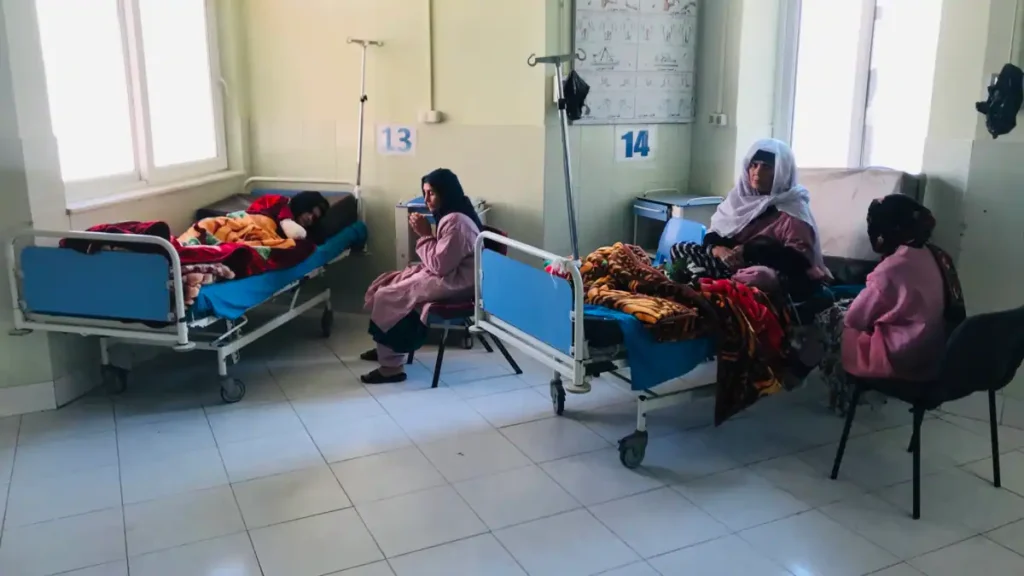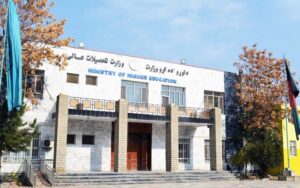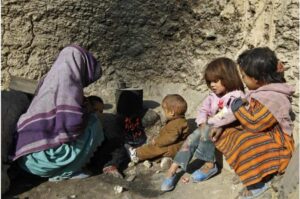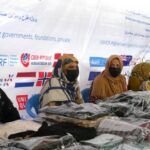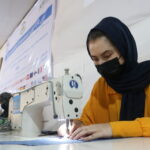Officials from the Ministry of Public Health of the caretaker government have announced that 72% of people in rural areas of Afghanistan do not have access to primary and secondary health services.
In a statement, the ministry noted that out of a total of 400 districts, there are hospitals in only 93 districts across the country.
It further mentioned that health services in remote areas of Afghanistan have not been adequately addressed in recent decades.
The Ministry of Public Health emphasized that due to the lack of hospitals in villages, patients often seek treatment for many minor health issues at health centers in provincial capitals.
The ministry has announced plans to expand services in remote regions, stating that funding for the construction of 318 hospitals in the districts has been allocated by Hibatullah Akhundzada, the leader of the current government. The construction process will begin after the completion of legal and administrative procedures.
According to information provided by the Ministry of Public Health, there are currently 13,000 hospital beds in the country, and with the construction of new hospitals, an additional 10,000 beds will be added.
Additionally, the ministry has stated that 27,000 professional and administrative staff are expected to be hired for the new hospitals.
The Ministry of Public Health has indicated that each hospital costs between 23 to 37 million Afghanis and will increase access to primary health services and the number of available beds.
The ministry also clarified that contracts for five hospitals have been signed, and others are ready for contracting.
It should be noted that maternal and child mortality rates have increased due to the lack of basic health services in remote areas of Afghanistan.
Recently, the Deputy Minister for Policy at the Ministry of Public Health claimed in a press conference in Kabul that Afghanistan does not face a shortage of female health workers.
Mohammad Hasan Ghiyasi, Deputy Minister for Policy at the Ministry of Public Health, commented on the consequences of banning medical education for women in Afghanistan, stating that nearly 30,000 midwives are present in the country.
This comes at a time when the caretaker government has also closed health institutes to women and girls.

